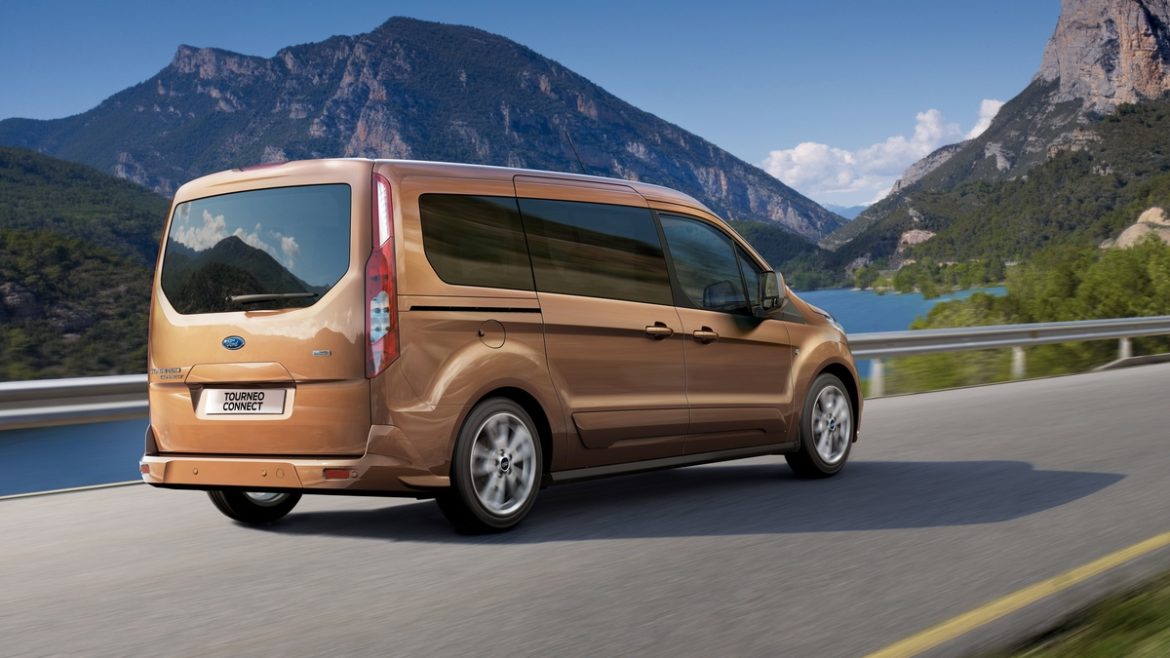In a world that constantly seeks advancement, it is disheartening to discover how outdated tests can manipulate our perception of reality. The quest for accurate gas mileage ratings becomes even more elusive when we consider the skewed results provided by the Corporate Average Fuel Economy (CAFE) standards. These standards, designed to measure vehicle efficiency and environmental impact, fail to capture the true essence of modern driving conditions.
A Mirage on the Horizon: Outdated Tests and Misleading Numbers
As we delve into the intricacies of CAFE gas mileage ratings, an unsettling truth emerges – these measurements are based on antiquated testing methods that no longer reflect real-world scenarios. While vehicles may boast impressive numbers under laboratory-controlled conditions, they often fall short when faced with everyday challenges such as congested freeways or hilly terrains.
This discrepancy arises from the fact that CAFE tests primarily focus on highway driving at constant speeds rather than accounting for stop-and-go traffic or varied terrain encountered during daily commutes. Consequently, this narrow approach creates an illusionary gap between advertised fuel efficiency and actual performance.
An Opaque Lens: Ignoring Environmental Impact
Beyond their flawed methodology, CAFE gas mileage ratings also fail to address another crucial aspect – environmental impact. As we strive towards sustainability and reducing carbon footprints, it becomes imperative to evaluate vehicles not only based on their fuel economy but also considering emissions produced during different driving conditions.
By solely relying on outdated tests that prioritize high-speed cruising over urban congestion or idling situations where pollution levels spike significantly, these ratings paint an incomplete picture of a vehicle’s ecological footprint. This oversight perpetuates a false sense of progress while disregarding our responsibility towards preserving our planet for future generations.
A Call for Transparency: Reevaluating CAFE Standards
It is evident that the current CAFE gas mileage ratings fall short in providing an accurate representation of a vehicle’s efficiency and environmental impact. To truly embrace progress, we must demand transparency and reevaluate these standards to align with the realities of modern driving conditions.
By incorporating more comprehensive testing methods that consider real-world scenarios, such as urban traffic congestion or diverse terrains, we can bridge the gap between advertised fuel economy and actual performance. Additionally, it is crucial to integrate emissions data into these evaluations to provide consumers with a holistic understanding of a vehicle’s ecological footprint.
An Awakening Amidst Illusion: Embracing Change
In conclusion, our pursuit of progress should not be hindered by outdated tests that distort our perception of reality. The time has come for us to challenge the status quo and demand accurate representations of fuel efficiency and environmental impact. By embracing change and reevaluating CAFE gas mileage ratings through transparent methodologies, we can pave the way towards a greener future where illusions are shattered, replaced by genuine advancements in automotive technology.
